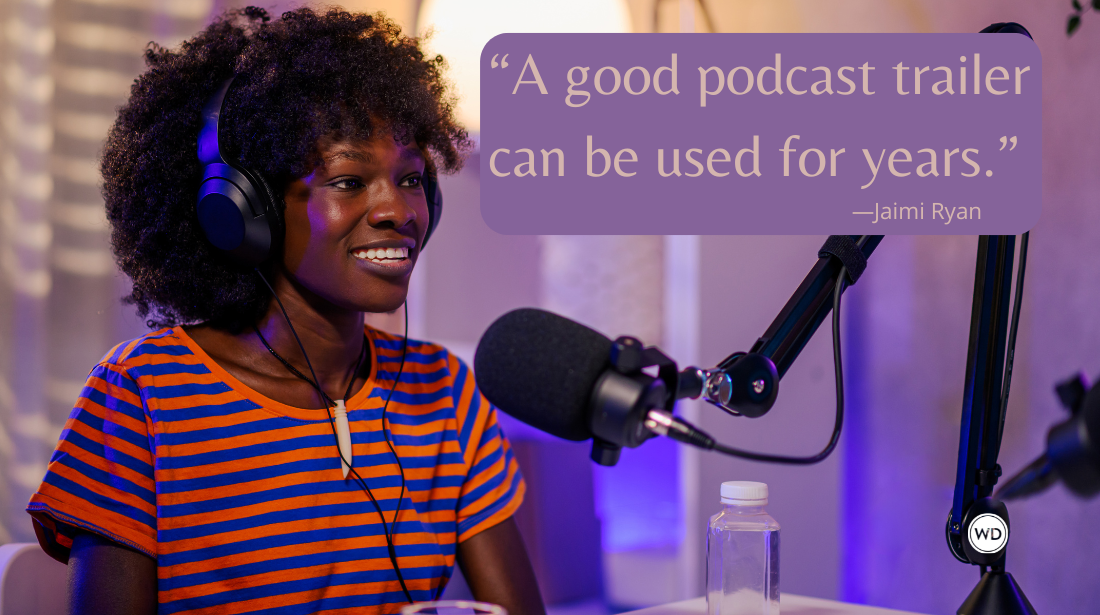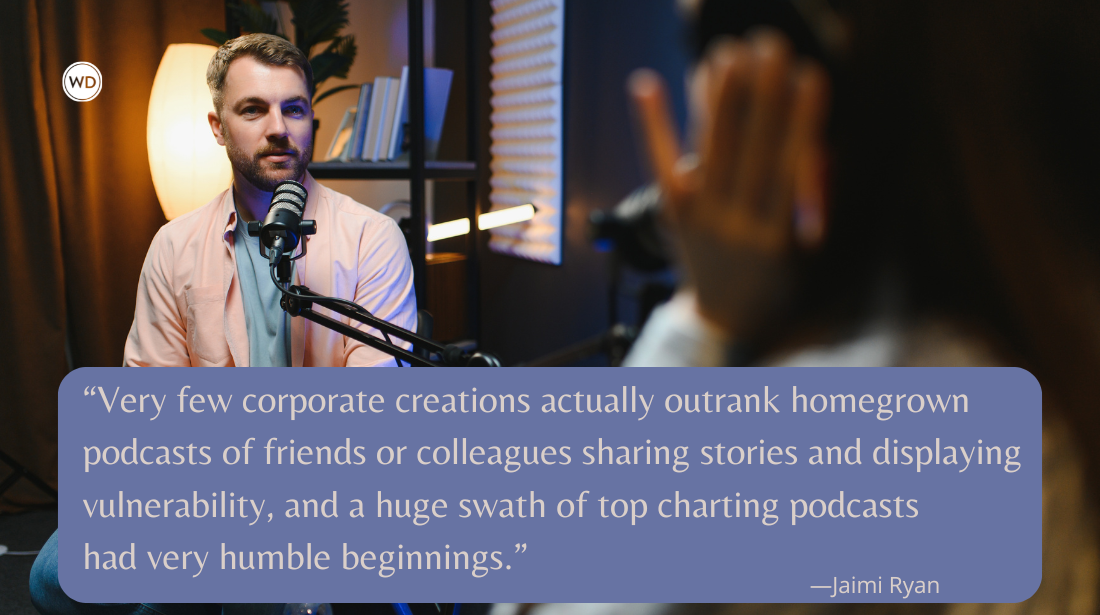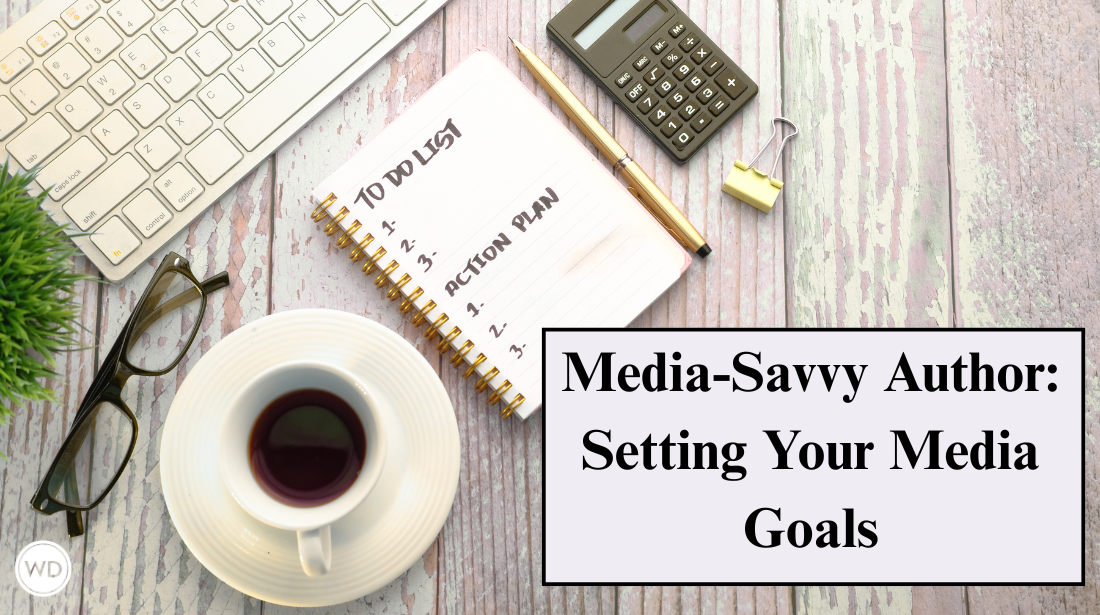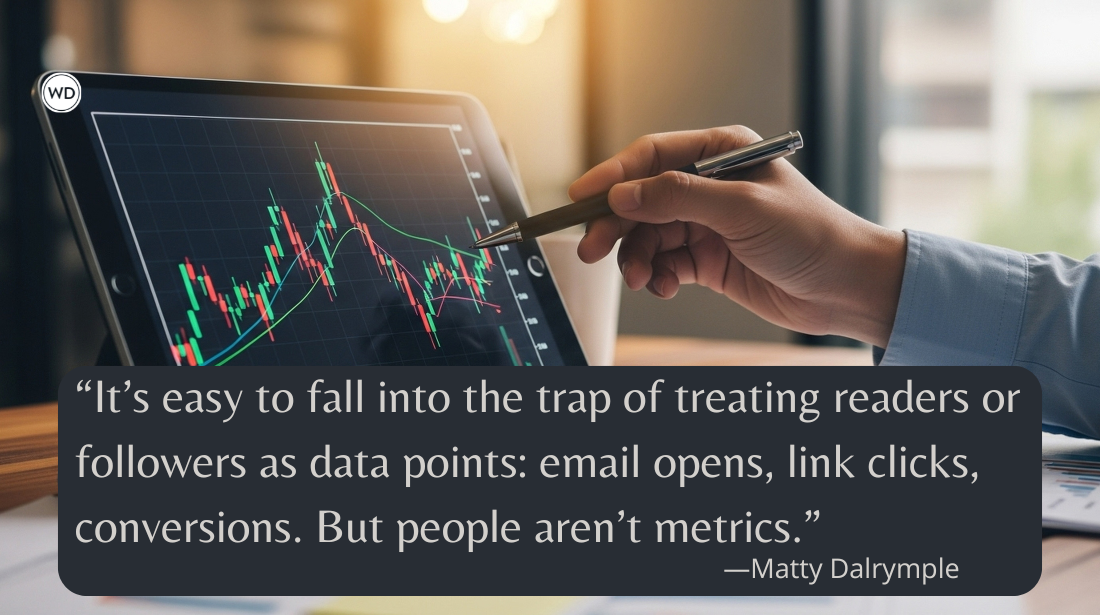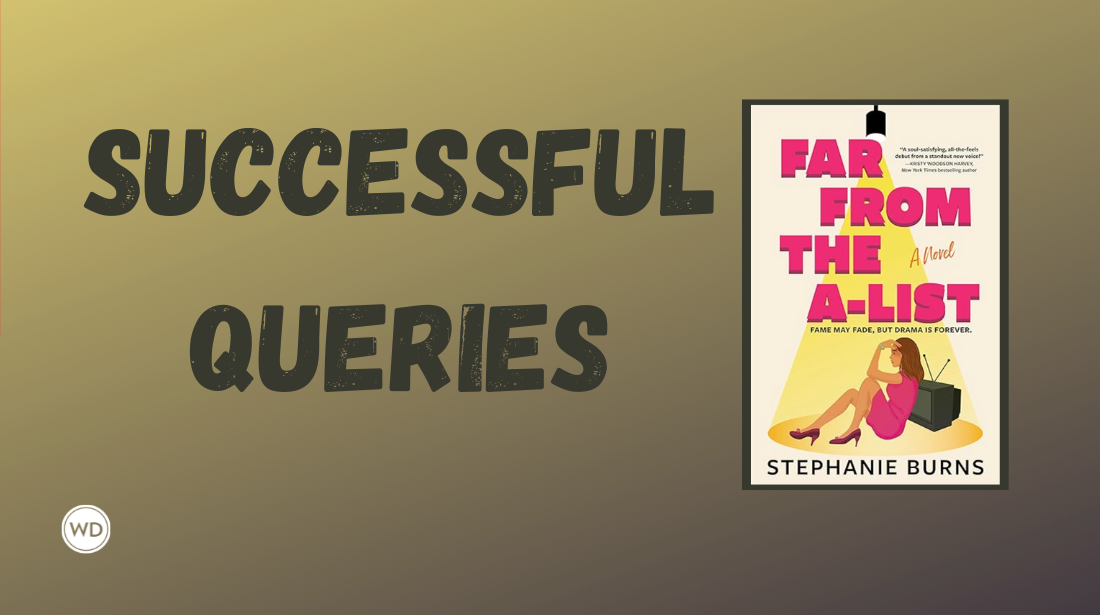The 12 Steps of Queryers Anonymous
BY AYA DE LEON Querying have you down? Know that you’re not alone. Follow these steps to help you get through the emotionally exciting (yet tough) process of querying agents.
At last! Having poured ourselves into the process of writing a book manuscript, we were satisfied with our efforts and excited to share our creation with the world. However, we learned that “the world” had a series of gatekeepers, and the first were literary agents. They were a legion of men and women who would need to be equally excited about our book to approach the most worldly of publishing houses. Did we know any literary agents? Did we have any contacts who did? At this step we balked.
How would we approach them?
Limited Time Offer:
10 Writing Resources
Was $500;Now $99
Catch: Only 100 bundles available.
Order Now!
A small bit of simple of online research showed us that we didn’t need any special connections, but we could write them a query letter by email or snail mail. It was suggested that we query a few agents at first to test our letter. These unsolicited queries would end up in “the slush pile” and we would wait for an indefinite period of time to get an answer. We had developed them to the best of our ability. The querying process, we learned, consisted mostly of waiting and rejection. As our enthusiasm eroded, we found the following steps helpful in our professional development as writers and maintenance of our sanity:
*********************************************************************************************************************************
This guest post is by Aya de Leon, who teaches creative writing at UC Berkeley (and still can’t quite believe that she secured an agent for her sexy women’s heist novel). She queried more than 100 agents and worked with three different freelance editors over five years. She blogs and tweets mostly about women, writing, and culture at ayadeleon.wordpress.com. You can follow her on Twitter @ayadeleon.
*********************************************************************************************************************************
1) We admitted we were powerless over literary agents, and that our anxiety had become unmanageable.
Not only did we fail to get offers of representation agents, we frequently couldn’t any response at all. The entire process fostered a level of anxiety that became intolerable. We had to surrender to the fact that we have no control over agents, editors, the literary industry, or the amount of time and work the querying process will take. The literary industry is undergoing big changes. Our little book, it turned out, would not be taking everyone in the industry by storm. We learned to pray it might take them by raindrop.
2) Came to believe that an offer of representation would restore us to sanity.
We began to educate ourselves about the industry. We read agent blogs online. We read and watched interviews with agents. We followed them on twitter. We went to writers conferences. We took online courses. We subscribed to Writers Digest. We joined writer’s organizations. We began to learn about what agents really do, what they really want and need from us, and how we could prepare ourselves to be their dream clients when they finally offered us a seat at the table.
3) Made a decision to turn our full manuscript over to a literary agent.
When we got a request for a full manuscript, it was exhilarating, because it was one step closer to the possibility of an agent taking us on. But the reading process often would take much longer to get a response than our query and sample pages. So, again, we needed to wait. We learned to balance our anxious querying process with writing the next book or building our social media platform.
4) Made a searching and fearless revision of our query letter and our manuscript.
“It’s not you, it’s me.” We were thanked by many agents for the opportunity to consider our work. They assured us that, although they were passing on the project, their opinion was highly subjective. They said they hoped we would find success elsewhere. They assured us that it didn’t mean our writing wasn’t good. However, when we hit nothing but rejections, or worse yet, no requests for partial or full manuscripts, we needed to go back to the query letter and/or the manuscript with a critical editor’s eye.
5) Admitted to ourselves, our mentors, and our writing group the exact problems in our manuscript.
We had hoped it would be simpler. We had hoped a second or third or fourth draft would be sufficient. We had hoped to be forgiven for our excessive length, blending so many genres, or writing a type of book that was slightly outside that agent’s usual scope. We had hoped that our sheer brilliance would allow our manuscript to rise above its faults or weaknesses, and apparently, it did not. The revelation was deeply humbling. We went back to work. We studied story structure and character arcs. We read other books with a writer’s critical eye. We read how-to books to develop our craft and industry savvy. We began to see the character defects in our work.
6) Became entirely ready to pay freelance editors to fix our manuscript.
We had hoped it would be cheaper. We had hoped our friends, partners, critique groups, and overworked teachers could give us the feedback and revision help to fix our manuscripts, but we learned that we might need professional help. We might need someone who was financially motivated to carve out the time necessary to dig deep into our manuscript. We looked for professional editors in the classifieds in the back of Writers Digest and Poets & Writers. We checked online sites like WriterBeware or PreditorsAndEditors to make sure those persons were reputable. Some of us did not end up needing professional editors. However, we needed to develop the willingness to consider the possibility. Although we ultimately hoped to receive compensation for our writing, we began to see it as something we would have to invest in, committing our time, energy, and if need be, money into our projects.
7) Humbly asked agents to remove our unpublished status.
Many of us got one set of professionals (freelance editors) to improve our books so that another set of professionals (agents) would offer us representation to sell our books to another set of professionals (acquisition agents at publishing houses). We had been writing for years, decades. We were ready to see our work move out into the world. We wanted to move from writers to authors from aspiring to actual. We had considered self-publishing or we had tried it, and we wanted a traditional publisher to do some of the heavy lifting. We were ready to face the big, bad publishing industry in New York. Or at least we hoped we were ready.
8) Made a list of all agents we would want and became willing to query them all.
We carefully researched which agents were looking for books in our genre. We checked them out through our memberships on Publisher’s Marketplace. We bought agent reference books like 2014 Guide to Literary Agents. We joined online query sites. We followed Writers Digest on twitter. We did endless google searches. We looked in the acknowledgements of our favorite books to see who their agents were. We asked around.
9) Sent direct queries to those agents except when they were closed to unsolicited queries.
We sent brief, businesslike letters of no more than a page. We educated ourselves about what would be appropriate in a query letter. We read articles on query letters that worked and learned why. We carefully read each individual agent and agency’s instructions, to tailor our letters to the individual agent in question. When agents were closed to unsolicited queries, we scoured our writing networks to see if anyone knew anyone who knew the agent and could give us a referral. We kept track of whom we’d queried, what they requested, and if or how they responded. We queried in small batches, because we learned that we would only get one shot to query an agent about a particular manuscript. If we later learned the query letter was weak, it was a firm industry no-no to go back to the same agent with a revised letter.
10) Continued to be open to feedback on our work, and when agents offered valid critique, promptly accepted it.
Mostly, we received form rejections, auto replies, and generic passes on our work. However, when agents had taken the time to actually read our manuscript, and gave us feedback, we treated those as gifts, even if it meant that they passed on the project. Sometimes the agent left the door open to a revision or to future projects. What we wanted was an offer of representation, an invitation to an ongoing relationship with an agent. When we got feedback instead, we accepted it with gratitude (after a suitable hissy fit). We hadn’t arrived at our destination yet, but a full read with feedback was a welcome green light along the road.
11) Sought through patience and continued writing on new projects to improve our courteous contact with the literary industry, as we were learning to understand it, hoping only for a well-timed opportunity, and the preparedness to take advantage of it.
In spite of the great pull to obsess and refresh our email inbox a thousand times, we developed a rhythm of querying in small batches, patience, feedback and acceptance. Our forward progress to actually break into the industry was much slower than we had expected or hoped. Sometimes it was far slower than we could tolerate. When the rejections felt crushing, we used it as a chance to build up our stamina. We also used it as a chance to break out of the isolation that is inherent in the writing process. We cried to friends and loved ones. We wrote snarky tweets on #amquerying. We learned that we were not alone.
If the querying process had us so depressed that we couldn’t get out of bed for days, or turned to deeply unhealthy habits, we realized that these were about more than just our writer’s life, and sought a different type of professional help. Once we gained perspective, our failures to get offers of representation helped motivate us to understand the industry better. We learned to stop turning individual literary agents into a power greater than ourselves.
The entire literary industry, to be certain, is an institution with a great deal of power, but it’s comprised of individual human beings just like us. Agents aren’t trolls under the bridge who won’t let us cross, or miracle makers whose favor can promise overnight success. They are literary professionals who look to build creative and business partnerships with writers. We began to search for an agent from a place of maturity. We had to learn to believe in ourselves, to believe in our projects, and to believe in our ability to improve our craft. We had to accept that the challenges of the industry would mean fewer, smaller opportunities, and more competition. We understood that agents were as polite and responsive as they could be in the current industry circumstances without compromising their own survival in a tight market. We stopped taking it all so personally. We grew strong and confident. We became more prepared for success.
12) Having gotten an agent contract as a result of these steps, we tried to carry the message to other writers in the querying process, and to practice these principles in the equally challenging process of submitting to editors, and navigating the literary industry once our books were sold, and living the public life of a published author.
And one day it happened. We got that offer of representation. Perhaps the agent called us on the phone. Perhaps they sent us an email. We were amazed, speechless, shocked. We signed a contract for them to represent us. We found ourselves, to our stunned delight, sometimes saying “my agent.” We closed querying spreadsheet files on our computers and stopped reading Writers Digest new agent alerts. Occasionally, we would get rejection emails after we had already signed with an agent. Like ghosts from a previous incarnation. How different they seemed. Now that these agents no longer had something we needed, now that we had begun a creative partnership with another agency, we could see these delayed rejection emails for what they were, an electronic communication between two unconnected professionals. While they would have stung months or weeks previously, they had no power anymore.
And we had new challenges to face. The muscles we had built during the querying process would be needed to propel us through the rest of our writing practice and careers. We had acquired greater patience, detachment, and compassion for ourselves and others. We shared what we learned with other writers, as more experienced writers had so generously shared with us. We learned to look back at the querying process as a certain existential crisis where we confronted the prospect of failure, humiliation, and defeat. But in moving from the fantasy or long held dream of publishing a book into concrete steps toward selling our book, we stepped into a spiritual and emotional testing ground that brought us face to face with our insecurities and anxieties. We lived the character arc on the hero’s journey, we undertook the quest, and brought home the prize, and our own world would be forever changed.
Want to sell your novel? It all starts with a query letter.
Get the #1 step-by-step guide to writing query letters with
The Writer's Digest Guide to Query Letters. Order Now.
Thanks for visiting The Writer's Dig blog. For more great writing advice, click here.
*********************************************************************************************************************************
Brian A. Klems is the online editor of Writer's Digest and author of the popular gift bookOh Boy, You're Having a Girl: A Dad's Survival Guide to Raising Daughters.
Follow Brian on Twitter: @BrianKlems
Sign up for Brian's free Writer's Digest eNewsletter: WD Newsletter




